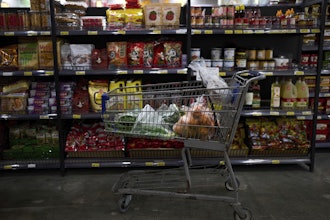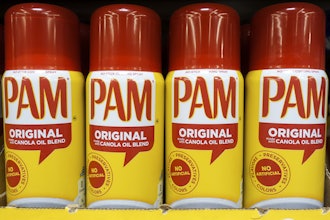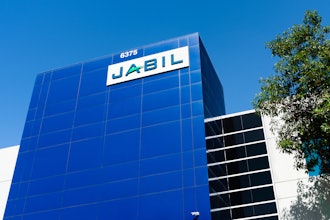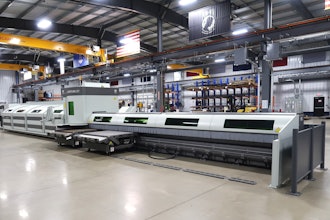ST. LOUIS (AP) — Tyson Foods reported flat second-quarter earnings because higher feed costs offset improving demand and higher meat prices.
The company raised prices for chicken, beef and pork, indicating that higher global grain costs are finally working their way to the grocery store meat counter.
The company on Monday reported net income was $156 million, or 42 cents per share, in the three months ended March 31. That's unchanged from $156 million, or 42 cents per share, a year earlier.
The earnings were slightly below the average forecast from analysts surveyed by FactSet of 43 cents per share.
Tyson Foods Inc.'s revenue climbed 16 percent to $8 billion. Analysts expected $7.52 billion. The company said it sold more chicken and pork, but operating income fell 12 percent to $303 million as grain prices rose.
The company said beef prices shot up nearly 20 percent while pork prices jumped 18 percent and chicken prices rose 3.7 percent compared with last year. Prices for prepared foods rose 11 percent. Overall, prices rose 12 percent across the company's product lines.
It takes months for higher grain prices to work their way to the grocery store because raw ingredients account for just a fraction of the total cost of food. But meat companies tend to pass on the higher prices first, in part because their products are sold fresh.
The U.S. Department of Agriculture predicts overall meat prices will rise between 6 and 7 percent this year.
Raising prices is key to Tyson's profitability, because the price of corn is trading near all-time highs. Feed costs are the biggest expense for raising chickens and livestock, and meat companies have been hard pressed to pass on those costs to struggling consumers.
But it appears the market is finally able to support higher prices, with sales volumes rising for chicken and pork, while beef sales fell less than 1 percent amid the price hikes.
Tyson said prepared foods sales fell 4.6 percent during the quarter, indicating that demand is still relatively weak for Tyson's more expensive, and profitable, products like precooked chicken nuggets. But the lower volumes were offset by an 11.1 percent price hike.
CEO Donnie Smith said Tyson expects to match last year's record net income of $780 million as demand stays strong through the rest of the year.






















